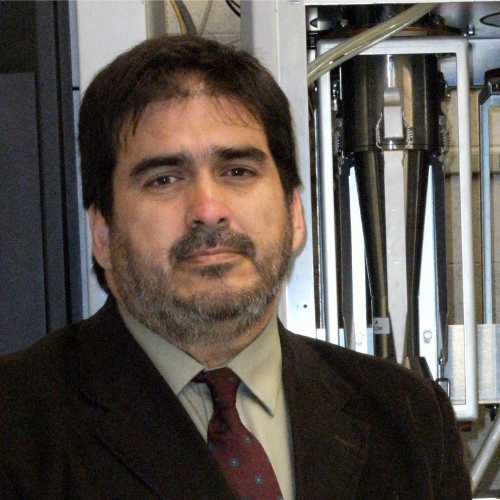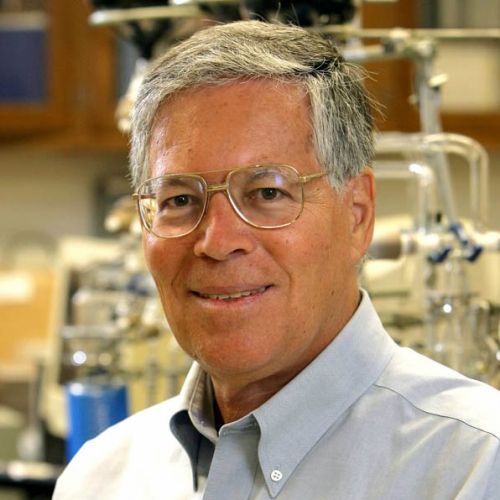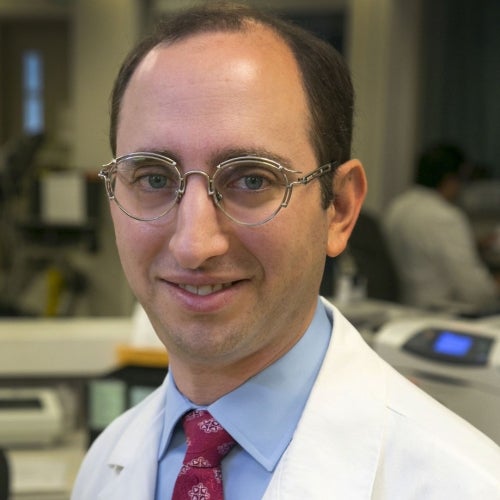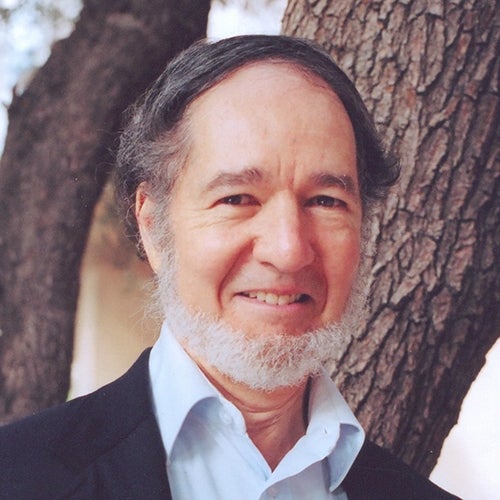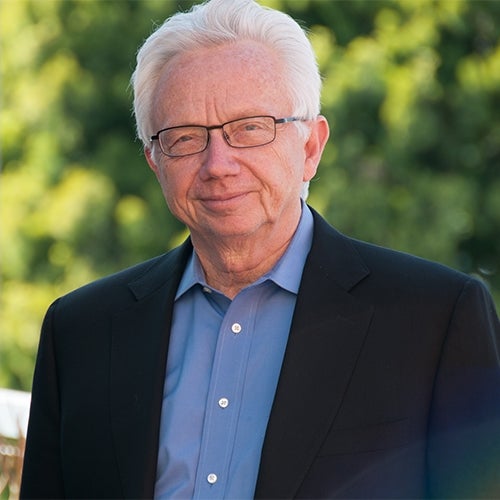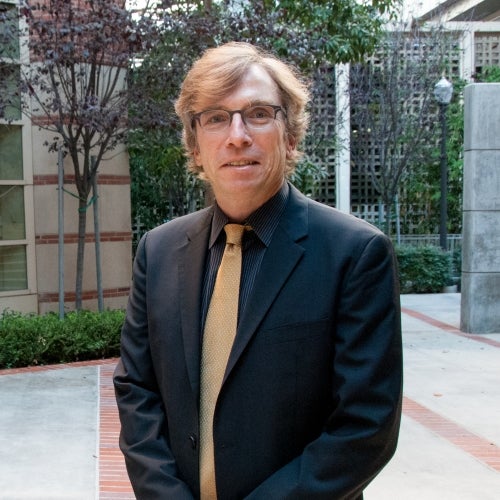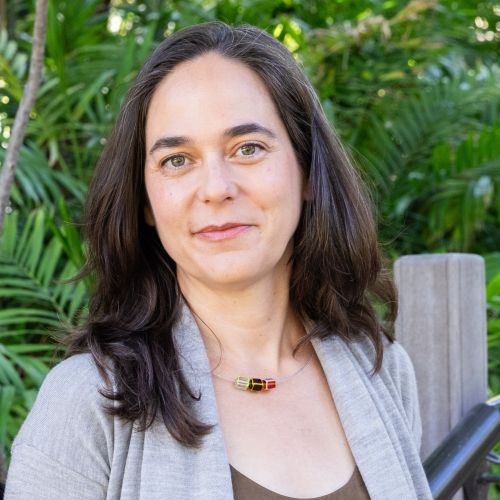Stress at work and at home increases risk of depression in U.S. workers
UCLA researchers led an international team that found job & family strain are found to be linked to major depressive episodes.

Job strain and family strain are found to be linked to major depressive episodes and may have different effects on men and women, according to a study from UCLA researchers published in the August edition of the Journal of Psychosomatic Research.
“A person’s situation at home may impact their experience of stress at work, and vice versa,” said Dr. Wendie Robbins, UCLA Fielding School of Public Health professor of environmental health sciences and a co-author of the study.
Robbins, an RN who also teaches at the UCLA School of Nursing, said the findings demonstrate a role of familial stressors in mental health among modern working families, and helps to clarify previous findings regarding sex differences in associations of job strain and depression. In studies of work stress, it is important to consider the impact of cross-over stress between work and home, researchers said.
“The objective of our study was to assess how psychosocial stressors such as job strain and family strain might affect mental health,” said Timothy Matthews, a doctoral student in Environmental Health Sciences at the UCLA Fielding School of Public Health and first author of the study. “Job strain has been found to be consistently related to mental health conditions such as depression, but much less is known about how job strain might affect men and women differently – there has been conflicting evidence regarding this issue.”
Using prospective cohort data over nine years among a national sample of 1,581 U.S. workers in good mental health at baseline, the study found that family strain was associated with a one and half times higher risk of major depressive episode in both men and women; interestingly, job strain was associated with a more than twofold elevated risk of major depressive episode for men, whereas job strain did not show significant effect in women. Along with UCLA, the team includes scholars from the universities of Lausanne and Zurich, both in Switzerland.
The results of the study suggest that while the representation of women in the labor market has greatly increased in modern societies including the U.S., there may be residual effects of traditional sex roles, where men may be expected to be the breadwinners of the household.
“These findings have implications for the design and implementation of workplace stress reduction interventions and health promotion programs targeting workers’ mental health,” said Dr. Jian Li, also a professor in the UCLA Fielding School of Public Health and School of Nursing, and senior author of the study. “Interventions may be more effective if they consider factors outside of the workplace, such as sex roles and the family environment at home.”
Data availability statement: The data from the national population-based Midlife in the United States (MIDUS) Study were used for this research article. The data can be accessed upon request (http://midus.wisc.edu/puboverview.php)
Methods: The MIDUS study included participants across a diverse range of social demographics and occupations, including 1,581 working men and women who were free from major depressive episode within the 12 months prior to the baseline survey (2004-2006). Information on job strain and family strain at baseline were used to examine prospective associations with major depressive episode 9 years later (2013-2014).
Citation: Matthews TA, Robbins W, Preisig M, von Känel R, Li J. "Associations of job strain and family strain with risk of major depressive episode: A prospective cohort study in U.S. working men and women." Journal of Psychosomatic Research. 2021; 147:110541. doi: 10.1016/j.jpsychores.2021.110541
The UCLA Fielding School of Public Health, founded in 1961, is dedicated to enhancing the public's health by conducting innovative research, training future leaders and health professionals from diverse backgrounds, translating research into policy and practice, and serving our local communities and the communities of the nation and the world. The school has 631 students from 26 nations engaged in carrying out the vision of building healthy futures in greater Los Angeles, California, the nation and the world.
Faculty Referenced by this Article

Dr. Hankinson is a Distinguished Professor of Pathology and Laboratory Medicine, and of EHS, and Chair of the Molecular Toxicology IDP

Industrial Hygiene & Analytical Chemistry

Associate Professor for Industrial Hygiene and Environmental Health Sciences





